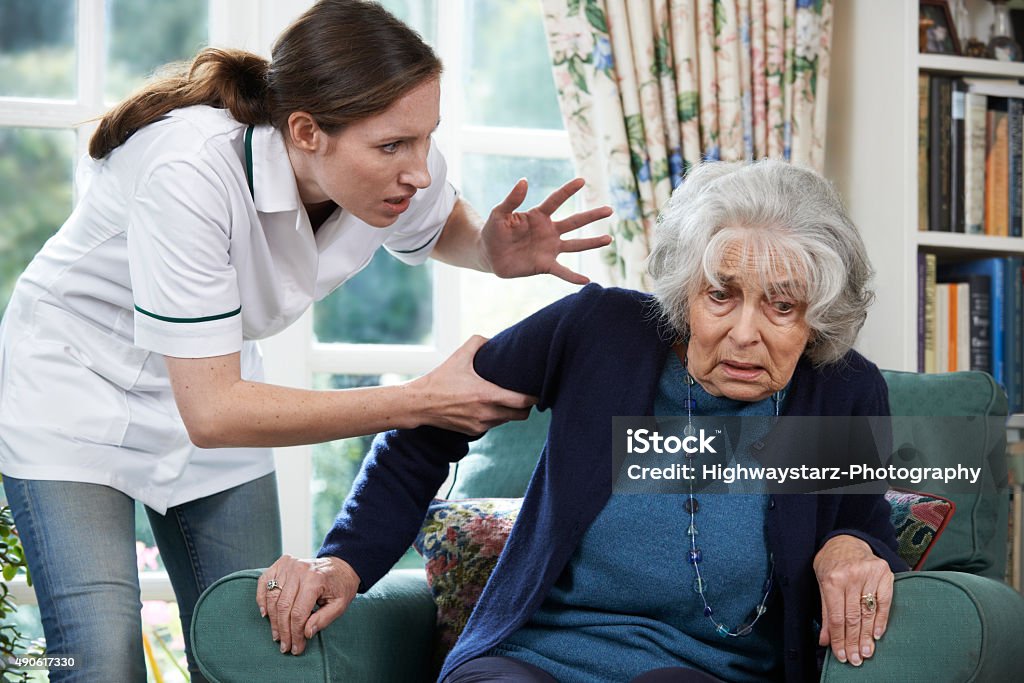Report Reveals Alarming Rates of Abuse and Neglect in Texas Nursing Homes
Across Texas, an unsettling reality is coming to light—many nursing homes are failing to provide safe, compassionate, and legally compliant care to elderly residents. According to recent investigations and reports from the Texas Health and Human Services Commission (HHSC), multiple nursing homes have been cited for dangerous practices, including neglect, abuse, understaffing, and even cover-ups of preventable injuries and deaths.
In 2024 alone, HHSC documented hundreds of violations across long-term care facilities in Texas, ranging from inadequate medical care to physical and emotional abuse. These issues aren’t isolated; they reflect systemic problems in the state’s elder care system, often driven by staffing shortages, profit-focused management, and lax oversight.
Common Types of Nursing Home Abuse and Neglect
Abuse in nursing homes can take many forms, including:
-
Physical Abuse: Unexplained bruises, broken bones, or restraint injuries.
-
Emotional Abuse: Yelling, isolation, humiliation, or intimidation.
-
Neglect: Ignoring basic needs such as hygiene, hydration, nutrition, or medication.
-
Sexual Abuse: Non-consensual or inappropriate touching, particularly among residents who cannot give consent.
-
Financial Exploitation: Unauthorized withdrawals, forged checks, or theft of possessions.
Neglect, though often less visible, can be equally harmful. Many residents suffer from malnutrition, dehydration, untreated infections, and falls due to lack of proper supervision.
Warning Signs Families Should Watch For
When visiting your loved one, be alert to signs that something may be wrong:
-
Unexplained injuries (bruises, fractures, burns)
-
Bedsores or pressure ulcers
-
Unsanitary living conditions (soiled sheets, strong odors)
-
Sudden mood changes or fear of caregivers
-
Weight loss or signs of malnourishment
-
Lack of mobility support or frequent falls
-
Medications not administered properly
Loved ones are often the first to notice subtle changes, and your advocacy could be life-saving.
Why Is This Happening in Texas?
Several factors contribute to these widespread issues:
-
Understaffing: Many facilities operate with fewer staff than required, leading to delayed care and increased stress on caregivers.
-
Low Wages and High Turnover: With caregivers earning minimal wages, high turnover rates result in inexperienced staff and inconsistent care.
-
Profit Over People: Some for-profit nursing homes cut corners to maximize revenue, sometimes at the expense of resident safety.
-
Inadequate Oversight: While HHSC performs inspections, limited resources and understaffing mean violations can go unnoticed for months.
A 2023 report by the Long-Term Care Community Coalition found that nearly one-third of Texas nursing homes had repeated violations related to resident safety, often with minimal consequences for the facility.
Residents Have Rights Under Texas and Federal Law
Every nursing home resident has the right to live free from abuse and neglect. Under both the Texas Health and Safety Code and the Federal Nursing Home Reform Act, residents are entitled to:
-
Dignity and respect
-
Access to medical care
-
The ability to participate in decisions about their care
-
The right to report abuse without fear of retaliation
-
A clean and safe environment
Families also have the right to review inspection reports, file complaints, and take legal action if their loved one’s rights are violated.
Steps to Take If You Suspect Abuse or Neglect
-
Document Everything: Take notes, photos, and videos of injuries, living conditions, or anything unusual.
-
Speak with the Staff and Management: Ask direct questions and take note of their responses or lack thereof.
-
File a Complaint: Report the facility to the Texas Health and Human Services Commission at TX Long-Term Care Ombudsman.
-
Move Your Loved One (if needed): If you believe their health or safety is in immediate danger, relocate them to a safer facility.
-
Consult a Personal Injury Attorney: A skilled elder abuse lawyer can help you understand your rights and legal options.
Legal Options for Nursing Home Abuse Victims
If abuse or neglect has occurred, victims and their families may be eligible to file a civil lawsuit for:
-
Pain and suffering
-
Medical expenses
-
Emotional distress
-
Wrongful death (in fatal cases)
In some cases, facilities may also face punitive damages or criminal charges, especially if neglect is intentional or systemic.
Legal representation can help uncover evidence, obtain expert testimony, and ensure your case is handled with care and urgency. Nursing homes are often backed by legal teams—having your own experienced advocate levels the playing field.
Final Thoughts: Protecting Texas Seniors
The growing crisis in Texas nursing homes is not just a policy issue—it’s a human issue. The elderly deserve compassion, dignity, and attentive care. If your loved one is in a long-term care facility, stay proactive. Visit regularly, ask questions, and don’t hesitate to act if something feels off.
Families who speak up and take legal action not only protect their loved ones—they also help create accountability in an industry that desperately needs reform.

